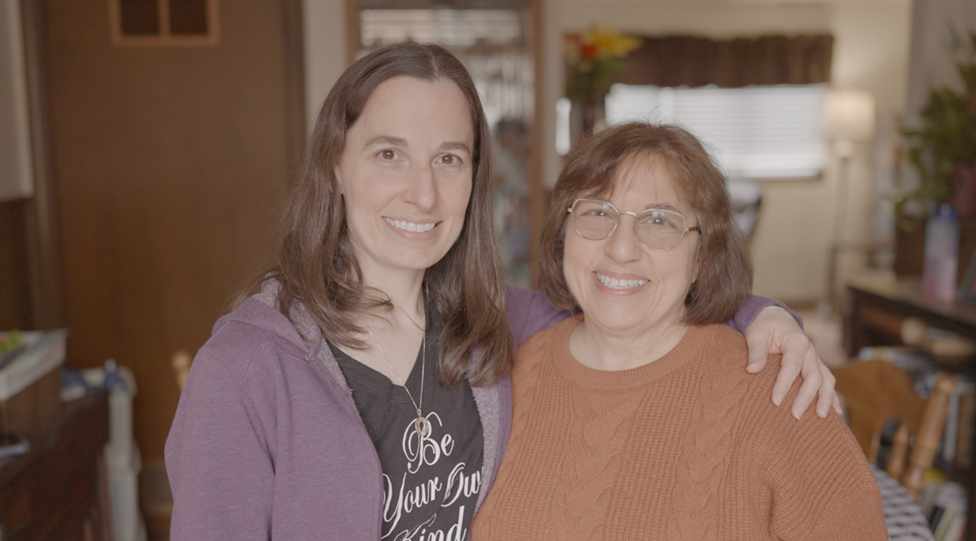
A Legal Checklist for Caregivers
- Make sure your loved one has an up-to-date will that is signed and notarized.
- Have your family member sign and get notarized a durable power of attorney for medical and financial issues. With a valid power of attorney, the trusted person named in will have the authority to pay bills, manage investments or direct their family member’s medical care if they are unable to do so for themselves.
- Consider having your relative obtain an advance directive, commonly referred to as a living will, which provides instructions regarding end-of-life care. Living wills allow individuals to make their own choices in advance of an illness regarding matters of life support. See the American Bar Association’s tool kit for health care planning.
- Locate important documents such as marriage certificates, divorce decrees, citizenship papers, the death certificate of a spouse or parent, deeds to property, cemetery plot and veteran’s discharge papers. Organize these documents into files that are easy to navigate.
- Take an inventory of your loved one’s financial records with their consent, including debts and liabilities, mortgage papers, insurance policies, pension benefits, Social Security payments, disability payments and any other sources of income.
- Make a list of regular bills and payment deadlines. Find out if there are deposits on any accounts such as utilities.
- If your loved one is an aging parent, make joint decisions about whether or not to prepay funeral costs.
- Get a safety deposit box at a local bank for all important legal documents, and create an itemized list. Keep copies of all of these documents.
- Determine whether your loved one has long-term care insurance or whether Medicare or a retiree health insurance policy will cover home health visits, skilled nursing or physical therapy.
- Look for tax breaks for your loved one, and keep all medical expense receipts for tax deductions. Your relative may be able to claim medical expenses not covered by health insurance, including a hospital bed or wheelchair, drug costs and copayments, the remodeling of the home to make it handicapped accessible and the cost of a respite caregiver to give the main caregiver a break.
- As a primary caregiver, you too may be eligible for tax deductions. You may be able to deduct part or all of the cost of caring for a relative if you are responsible for more than 50 percent of the individual’s support. This includes the cost for food, housing, medical care, clothing, transportation and even bathroom modification if the relative lives with the caregiver. And one little known bonus – a caregiver’s tax-free flexible spending account may be used to cover expenses for both dependent and non-dependent relatives as long as the caregiver is responsible for more than 50 percent of their support.
More insights like this:
-

Helping an Aging Loved One Through Declining Mental Health
Read more: Helping an Aging Loved One Through Declining Mental HealthMental health challenges can impact anyone at any time of life. However, older adults tend to be more vulnerable to depression and other mental illnesses, on average, with 14% of adults aged 60 or older suffering from a mental disorder. “If you recognize or hear from a loved one that their day-to-day life is significantly…
-

What Is a Family Caregiver?
Read more: What Is a Family Caregiver?Caregivers, often family members, are the people who regularly provide care for a child or adult who is sick, elderly, or has a disability. Family caregivers take care of their loved ones every day. They help with daily tasks, providing emotional support, and assist with whatever their loved one may need. “Many people…
